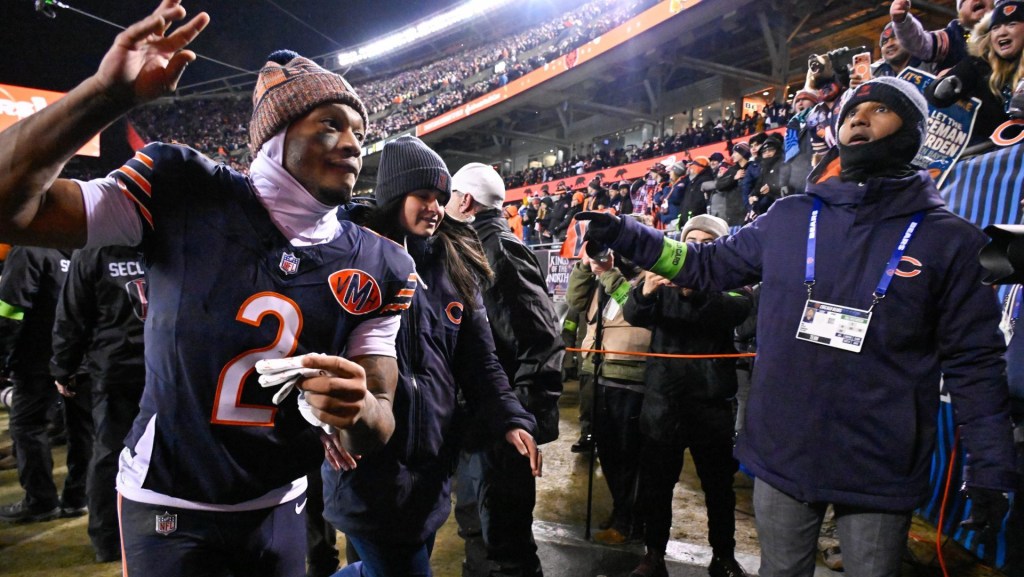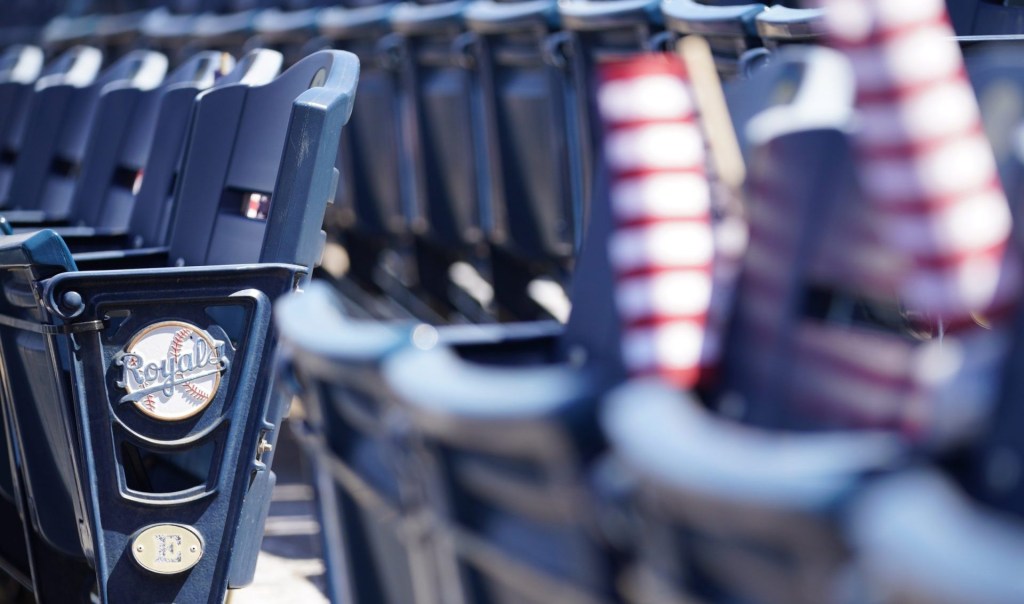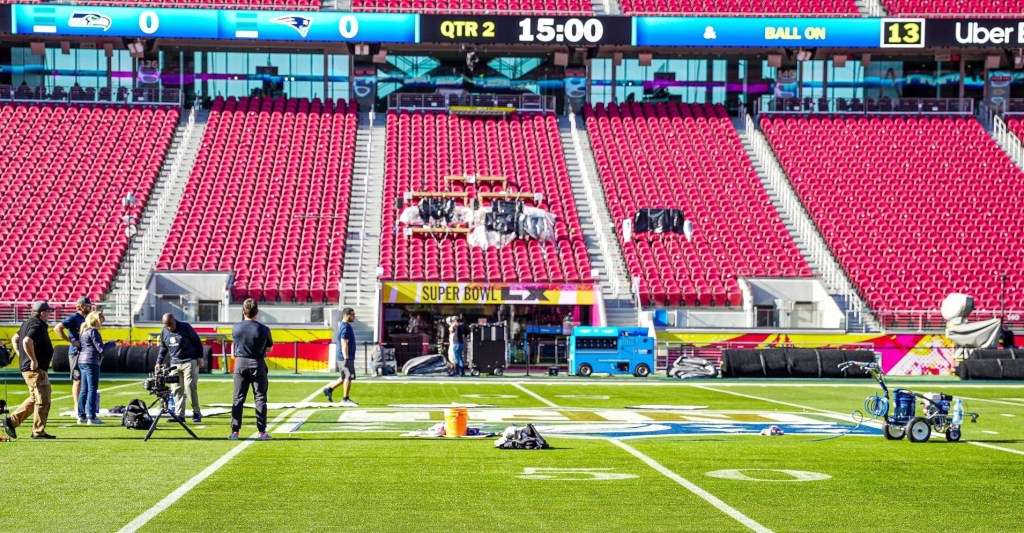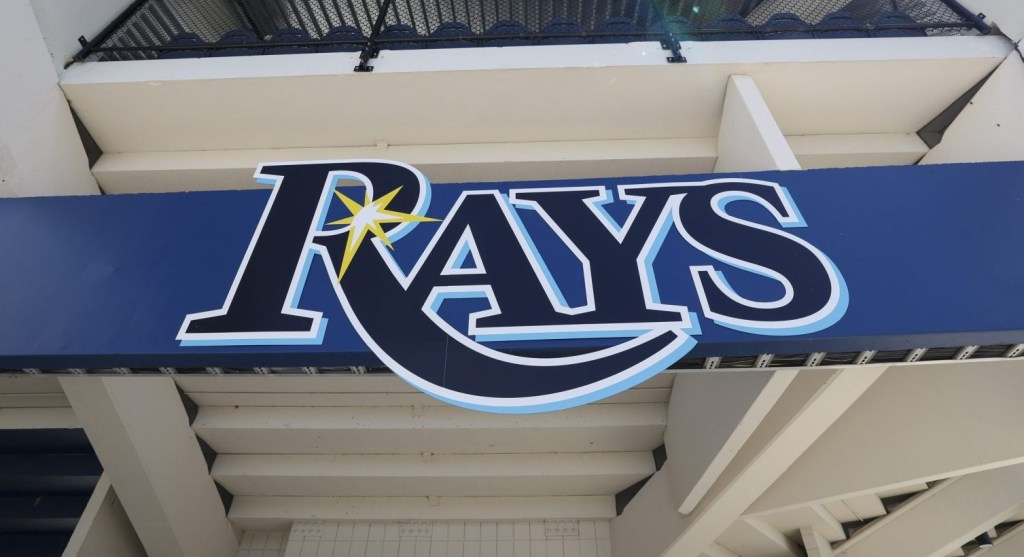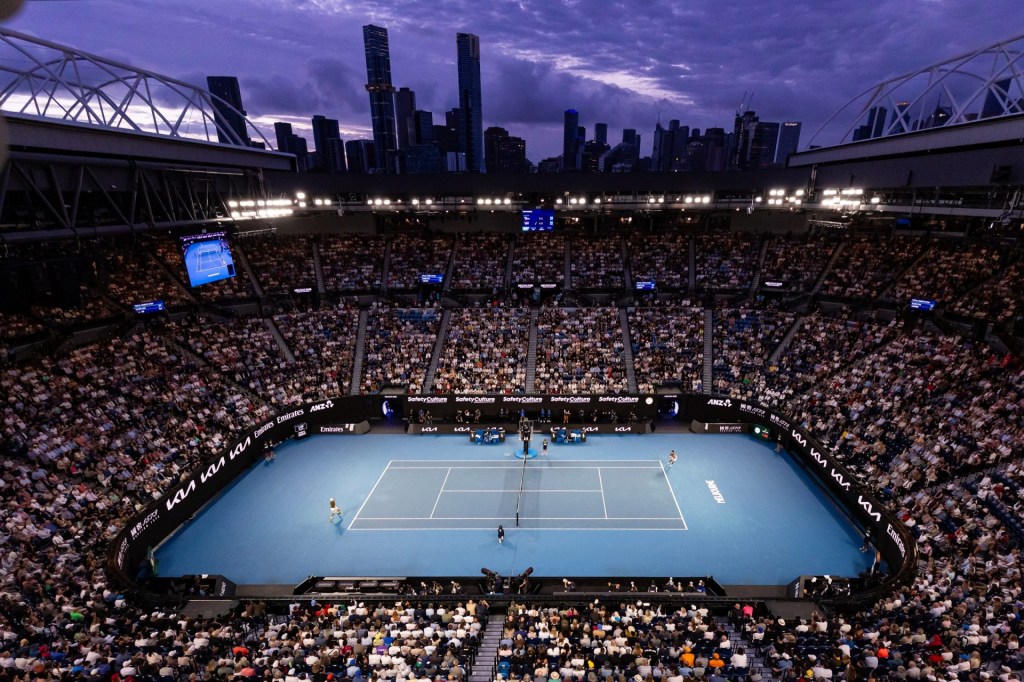The Bears, of course, are a football team, but to borrow terminology from basketball events they now hope to host, the team is now putting on a full-court press to advance their vision of a new, domed lakefront stadium.
As expected, the Bears on Wednesday unveiled a detailed vision for a new stadium just south of the existing Soldier Field, building materially from the team’s initially stated intent last month to remain in the city of Chicago. Armed with an extensive deck of new renderings and a splashy hype video, team officials and Chicago mayor Brandon Johnson sought to rally support behind what would be one of the largest developments in the city’s long history.
“This is not an easy project, but Chicago doesn’t like it easy,” Bears president Kevin Warren said. “We like to do the difficult things. We like to do the things that resonate with people for generations to come. It’s time for us to do something special together.”
The proposed publicly owned stadium—which would at last give the third-largest media market in the U.S. an opportunity to host major events such as the Super Bowl, College Football Playoff, and the Final Four—seeks to honor the existing character of the Chicago museum campus, including a preservation of the historic Soldier Field colonnades while also building a next-generation stadium, complete with a translucent roof (above) not unlike the ones at SoFi Stadium in Los Angeles and Allegiant Stadium in Las Vegas.
Sticker Shock
Despite the extensive scale of the team’s ambition, there remain serious questions about how the stadium will be funded. The total price tag is slightly higher than previously projected, now coming in at $3.2 billion, with at least $325 million and as much as $1.5 billion in additional infrastructure requirements. The Bears have pledged $2 billion in direct contributions, along with another $300 million in financing through the NFL. The team is asking for $900 million in public bonding, funded through the Illinois Sports Facilities Authority and backed by an existing hotel tax, while financial support for three planned phases of infrastructure improvements around the stadium is particularly undetermined.
“There are dollars that we believe exist at the state level, maybe the federal level, and potentially the city level,” Warren said.
Johnson, however, reiterated “this project will result in no new taxes on the residents of Chicago.” Illinois Gov. J.B. Pritzker was not part of the Bears’ event Wednesday; he said he “remains skeptical” about the team’s proposal, adding that “I’m not sure this is among the highest priorities for taxpayers.”
Super Dreams
The prospect of hosting a Super Bowl at the new venue was a particular part of Warren’s pitch, and he cited the stadium’s location within walking distance of top-tier downtown restaurants and hotels, as well as the availability of two large-scale airports.
“How many people would love to come to a Super Bowl in Chicago?” Warren asked. “Everyone.”
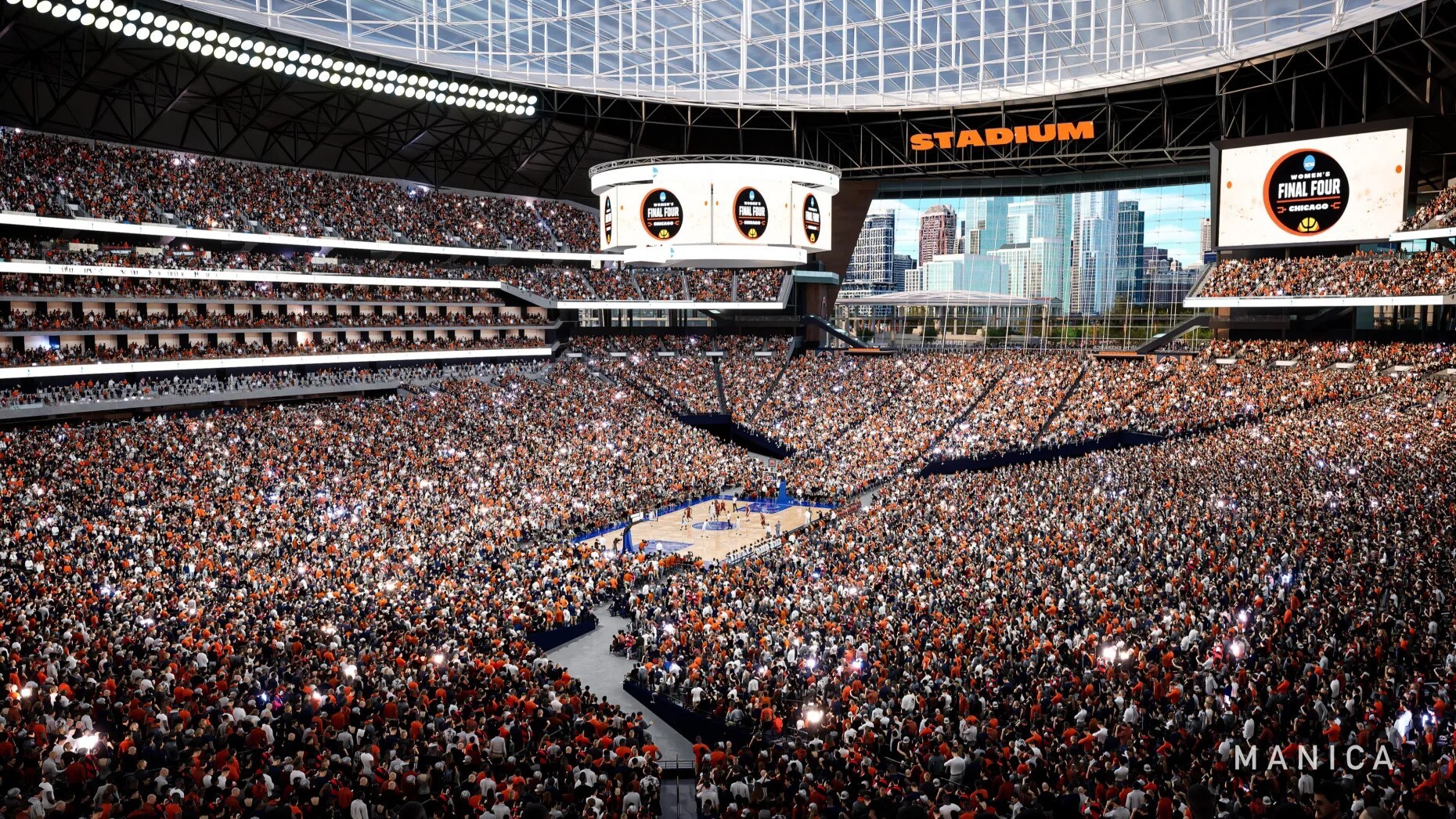

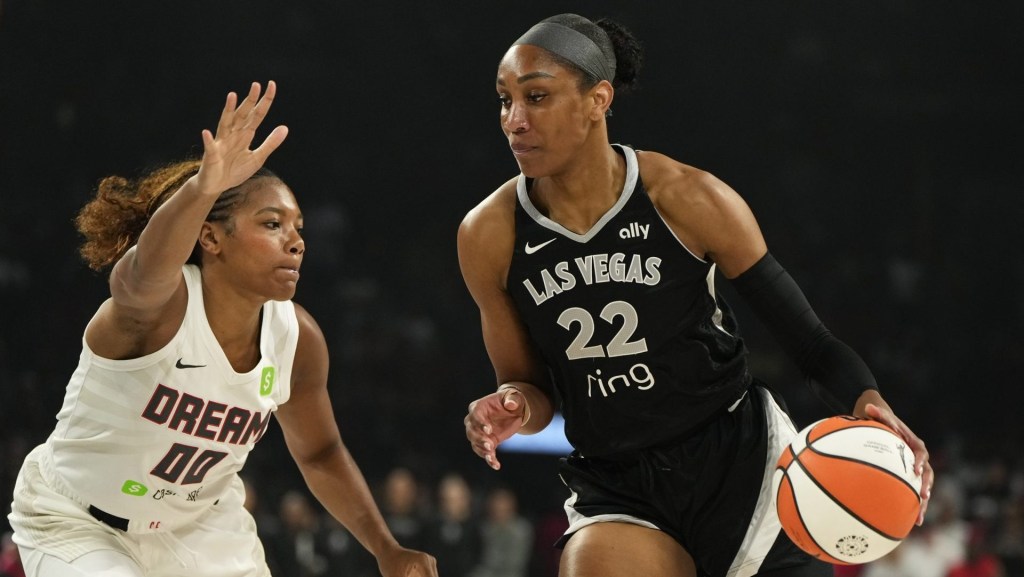
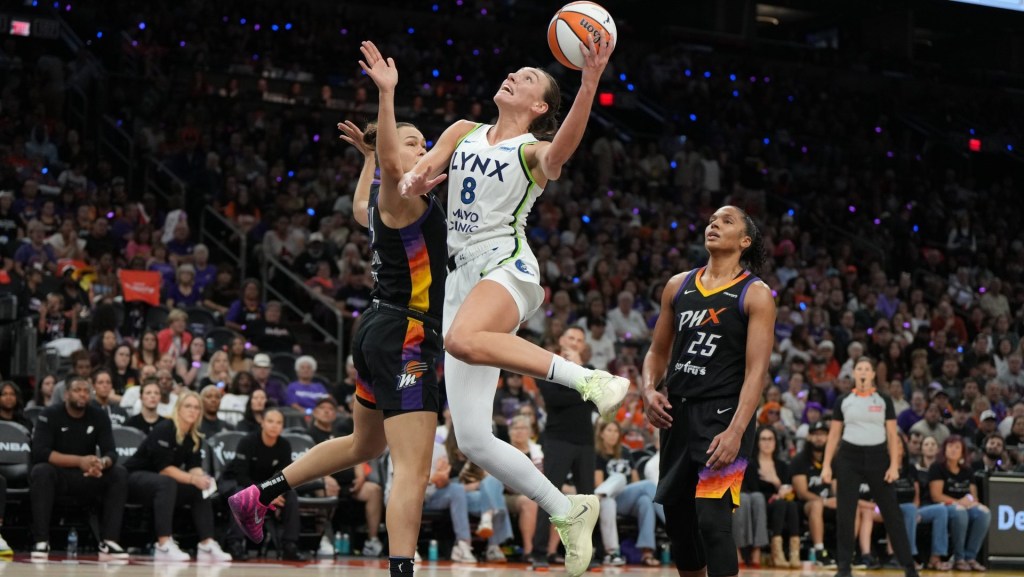
![[Subscription Customers Only] Jul 13, 2025; East Rutherford, New Jersey, USA; Chelsea FC midfielder Cole Palmer (10) celebrates winning the final of the 2025 FIFA Club World Cup at MetLife Stadium](https://frontofficesports.com/wp-content/uploads/2026/02/USATSI_26636703-scaled-e1770932227605.jpg?quality=100&w=1024)





